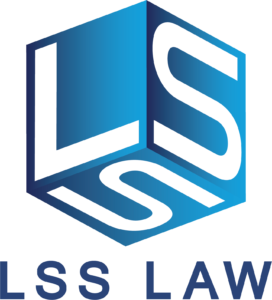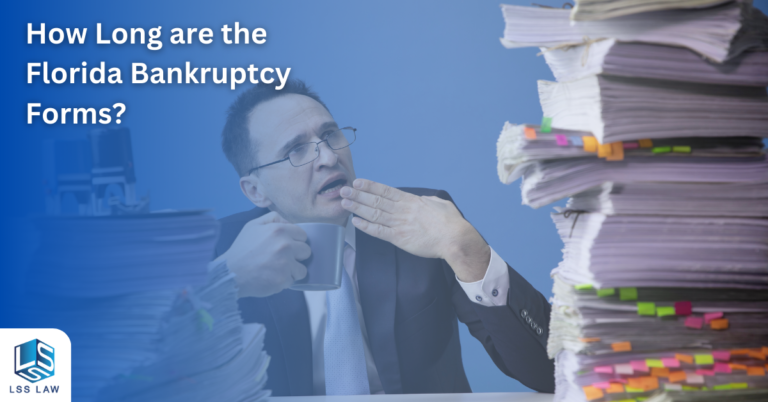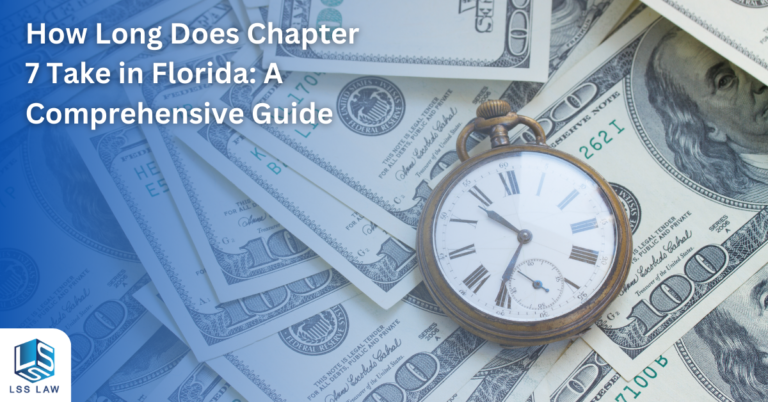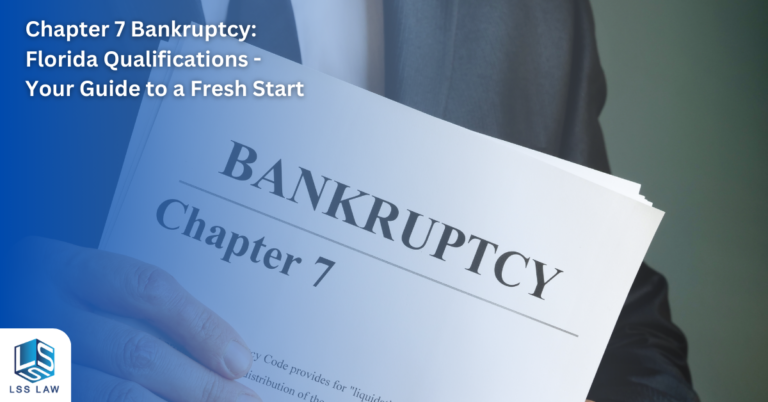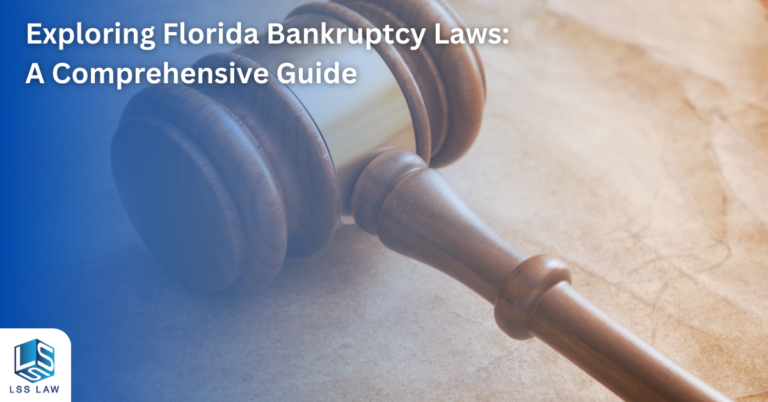The two most common types of personal bankruptcy cases are Chapter 7 and Chapter 13. It is important to understand that you may only qualify to file for one type of bankruptcy. This blog focuses on the advantages of filing a Chapter 7, but for more information on a Chapter 13 filing, click here.
How can Chapter 7 help you? Below are a few of the significant benefits:
- Discharge of unsecured debts. A Chapter 7 debtor can eliminate the majority (if not all) of his/her unsecured debt. The two most common forms of dischargeable unsecured debt are credit card bills and medical bills. Discharging this type of debt can save you thousands (if not hundreds of thousands) of dollars!
- Faster results. Chapter 7 is a quicker process, usually lasting approximately four months. The Chapter 13 procedure lasts three to five years.
- More affordable. Because Chapter 7 does not last as long as Chapter 13, your attorney fees and costs are typically lower.
- Future income. While a Chapter 7 debtor must disclose all income, your future income is typically not considered a part of your bankruptcy.
- Assets. Bankruptcy law provides numerous exemptions that allow a Chapter 7 debtor to protect assets. The exemption laws can be used to protect your home, vehicle, retirement accounts, and many other important items. In fact, many Chapter 7 debtors keep possession of all of their assets while still discharging their debt.
Please keep in mind that every case is different, so if you are thinking of filing a Chapter 7 bankruptcy, or you would like to learn how a Chapter 7 bankruptcy could improve your financial situation and would like to schedule a no-cost consultation, please contact our office by completing the form on this website or calling us at 954-466-0541.
